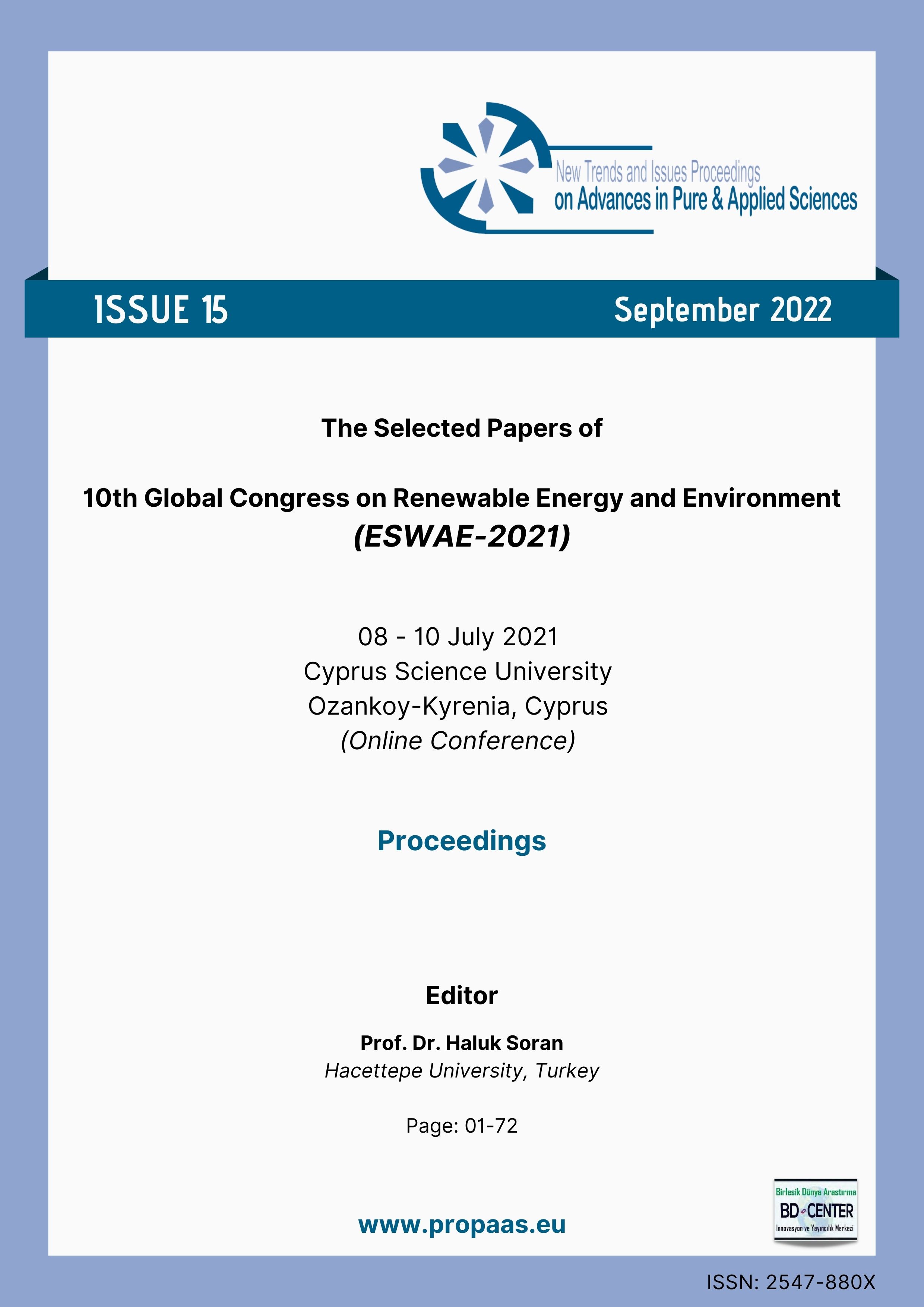Wave analytical techniques-based fault initiation detection at middle voltage distribution feeders
Main Article Content
Abstract
This paper presents studies, findings and results of the fault initiation detection approach, which is based on wave analytical techniques at middle voltage distribution feeders of ADM Distribution Company (DisCo), Turkey. Predictive methods are implemented to determine root causes of fault initiations on the feeders, which cannot be detected with today’s modern SCADA and relay protection systems that are not designed to prevent failure. In response, artificial intelligence-based machine-learning techniques, which accumulate experience in the current and voltage waveforms related to the failures, are addressed in the study. Thereby, distribution companies will be able to prevent failures that can result in a power outage on a large scale. The algorithms are tested on a feeder at ADM DisCo. The performance of the approach is discussed based on measurements. The root causes of fault initiations on the feeders, which cannot be detected with today’s modern SCADA and relay protection systems, are identified successfully.
Keywords: Wave analytics, artificial intelligence, machine learning, distribution;
Downloads
Article Details

This work is licensed under a Creative Commons Attribution 4.0 International License.
Authors who publish with this journal agree to the following terms:- Authors retain copyright and grant the journal right of first publication with the work simultaneously licensed under a Creative Commons Attribution License that allows others to share the work with an acknowledgement of the work's authorship and initial publication in this journal.
- Authors are able to enter into separate, additional contractual arrangements for the non-exclusive distribution of the journal's published version of the work (e.g., post it to an institutional repository or publish it in a book), with an acknowledgement of its initial publication in this journal.
- Authors are permitted and encouraged to post their work online (e.g., in institutional repositories or on their website) prior to and during the submission process, as it can lead to productive exchanges, as well as earlier and greater citation of published work (See The Effect of Open Access).
